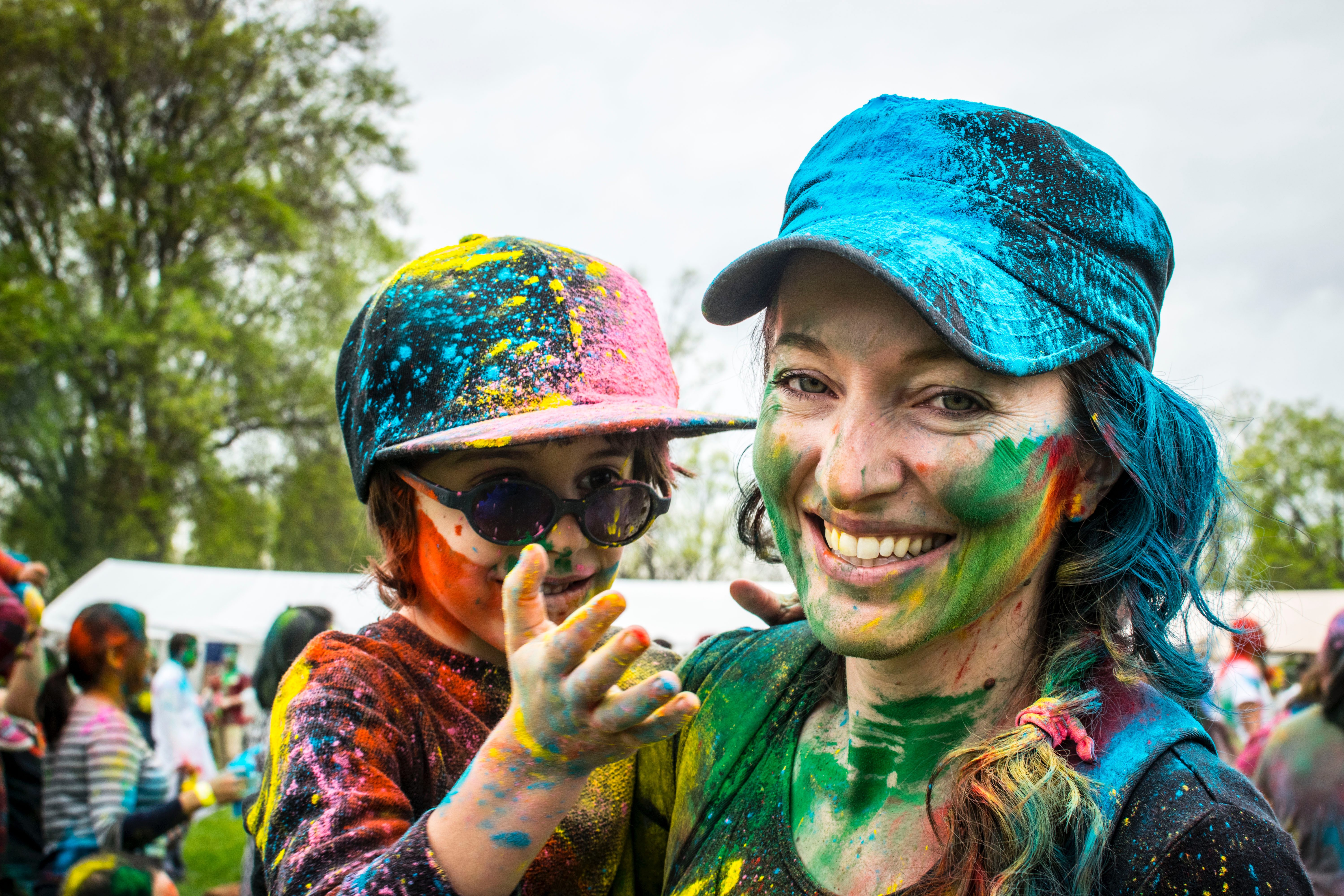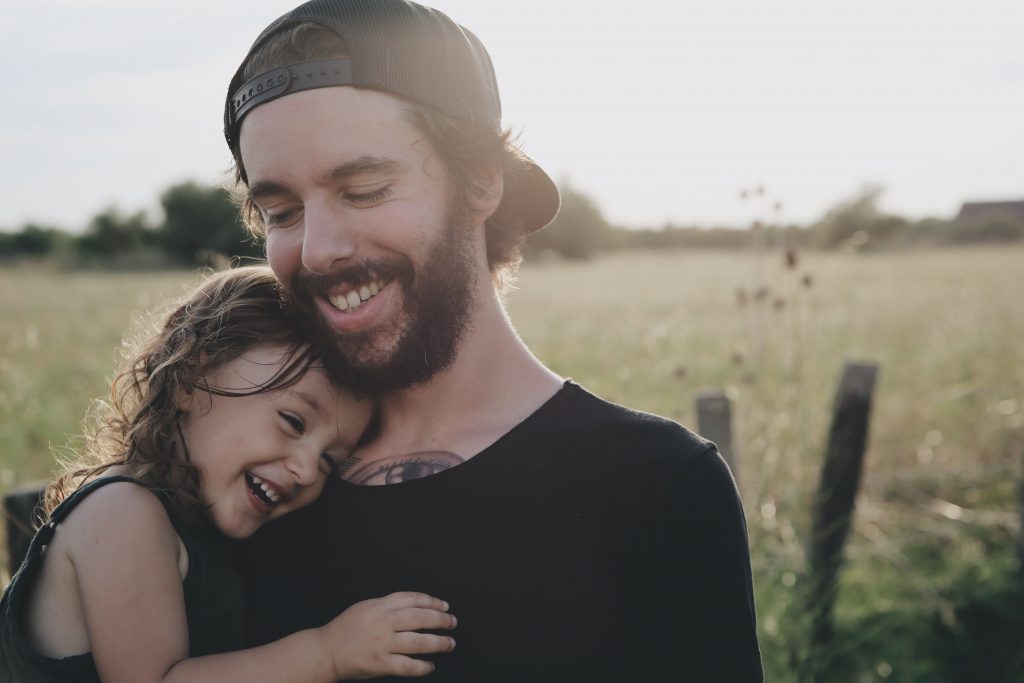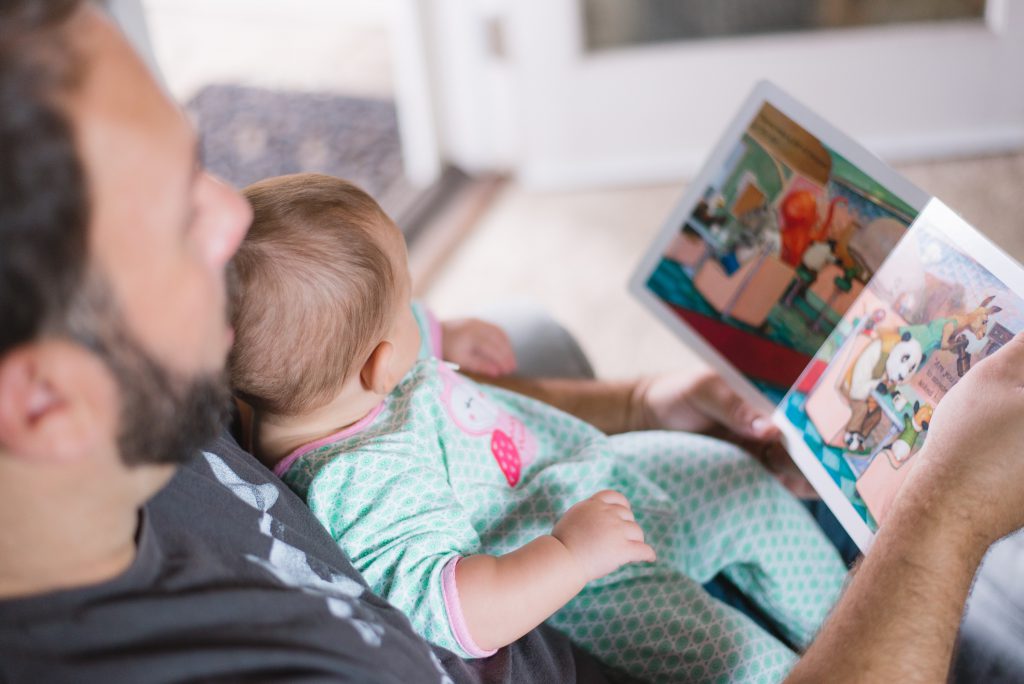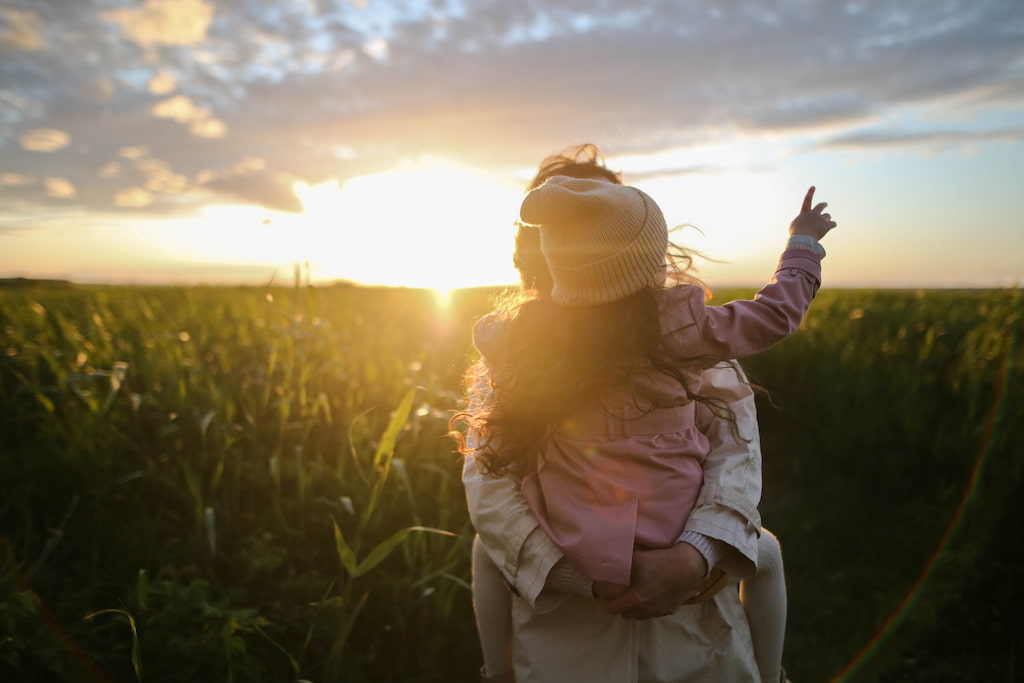Anxious Parents Make for Anxious Children

Contents
Preventing Your Anxiety From Affecting Your Children
There’s an old saying: “Anxious mothers make for anxious children.” Substitute “mothers” for “parents” and you’ll find that the saying still holds true. In fact, if we look at statistics on mental health from around the world, we’ll find that this saying rings true now more than ever. In 2017, the National Institute of Mental Health announced that 38% of teenage girls and 26% of teenage boys are dealing with anxiety disorders. Today 1 in 4 children experience worry and anxiety to the point of working themselves up into panic attacks and emotional distress. But why is that? Why are anxiety rates so high among our children and what can we do to change it?
Transmitting Anxiety
A lot of people believe that anxiety is an inheritable condition that runs in the family. They’re partly right. Anxiety can run in the family, but not because it’s a genetically inherited condition, though some people are more prone to anxiety than others. It’s because anxiety is a learned behavior, that parents or guardians pass onto their children, without really meaning to.
Psychologists agree that the best predictor of a child’s stress or anxiety level is the stress or anxiety level of the key adults in their life. In other words, if a child senses that their parents or guardians are consistently stressed or anxious – and they will sense even if we try to hide it – and as a result will grow increasingly stressed and anxious as well.

How We Transmit Our Anxiety to Our Children
You might wonder how children are able to detect these emotions, even when you do your best to mask them. Though not all indicators are through emotions; in many cases, we demonstrate our level of stress in how we interact with others. A classic way of transmitting our anxiety to children is by being overinvolved. When we’re anxious, we try to take control of what’s going on around us to alleviate some of what we’re feeling. Let’s say that we’re up for review or a promotion at the office. In these situations we can’t do anything to control the review and what happens afterward. All we can do is wait.
So, we take control of what we can. Say our child is playing in the sandbox with another kid and they get into a small argument. Instead of letting him manage the situation on his own, we immediately step in to “defend” our kid. Before we know it, the other kid’s mother is there as well and the whole thing’s escalated beyond what it should have. What’s more, we’ve taken all control from our kid’s hands and denied them the chance to develop conflict resolution skills and build a friendship. By stepping in, we’ve also basically told our kids “You can’t handle this on your own”. This is a message we’re bound to repeat every time we interfere. It’s a small wonder then that by interfering we not only generate a lack of self-confidence in our kids but feelings of inadequacy as well.
5 Ways to Prevent Your Anxiety from Affecting Your Children
No parent ever wants to hurt their kids, unintentionally or otherwise. It’s normal for us as parents to sometimes let our anxiety or stress get the best of us and it’s not realistic to think that our kids will never see us stressed. Though there are ways we can prevent our anxiety from affecting our kids, as well as our relationship with them, while learning to manage our anxiety. Here we’ll list 5 coping skills to consider and begin becoming more aware of in your day to day life and in the presence of our children.
Have a support system and know when to talk to them.
As a rule of thumb, the saying “They’re just kids, they won’t understand us,” is not usually true. Children can easily understand what is going on around them, as well as our worries and anxieties. So, it’s important to try to be open and clear about your feelings and hard times you are passing through. We should have a secure and safe communication space with them to talk about sensitive topics. Asking support from a psychologist or a pedagog is definitely a good option.
Explain and introduce healthy triggers.
Let’s say that you were bitten by a dog years ago. Because of this, you’re very afraid of dogs, so much so that you cross the street, whenever you see a dog coming towards you. An important thing to do in these situations is to explain to your kids why you react the way that you do. When you explain the reason behind your fear and that “not all dogs are bad”, your kids won’t automatically reason that “all dogs are dangerous”. Telling your child about your unpleasant experience will help them to establish their own right and wrong.

Understand your triggers.
Speaking of triggers, if you want to learn to manage your anxiety, it’s important for you to understand the sources of these emotions. Take a moment the next time you’re hit with a bout of anxiety. Meditate on what you were doing or feeling right before. Take notes and try to explore the moments leading up to it. What exactly do you feel? What were you doing right before you began to feel this way? Only by identifying your triggers and their accompanying patterns can you move towards changing how you respond to them.
Encourage healthy risks.
Let’s say you’re at the playground and are afraid of heights. Your kid really likes climbing the monkey bars but the thought of it makes you very anxious. So much so, that you either want to stop him or give him a limit as to how high he can climb. When you begin to feel this way, take a deep breath and give yourself a moment. Remind yourself that children learn by doing and stopping him now will hurt more than it’ll help. If you have difficulty with this, make a point of going to the park with a fellow parent. Remember, you are not alone in this. Talking to a friend, who is also a parent, will help you to relax.
Teach helpful coping skills.
A child first learns of the world through observing their parents. So, what better way to teach them and help yourself than working to adopt healthy coping mechanisms. By adopting coping mechanisms when you’re feeling anxious, you won’t be transmitting your anxiety to your kids. Instead, you’ll be teaching them how to cope with anxiety when they experience it. If you want, you can take this a step further and actively teach these strategies to your kids. This will not only give them valuable tools for the future but serve as a great bonding time for the both of you. Learn and do meditative breathing exercises together: Breathe in for four seconds, breathe out for four seconds. Or inhale slowly, count your breaths and try to get to ten. Try mindfulness apps and meditation whenever you feel anxious. Take daily, 30-minute walks together with your kid. Keep a journal and encourage your kid to do the same.

Be patient and kind with yourself and other parents.
Finally, and this may be the most important part—please be kind and patient with yourself. As parents, no one gave us a guidebook to help us navigate every situation. Having children under your care is a daunting and overwhelming journey, and it’s unrealistic to imagine that we’ll always do everything perfectly. Yet remember that it’s not so much about trying to avoid making mistakes, as much as it’s about modeling to your children how to rectify wrongdoings. You’re doing the best you can with the skills and emotional tools you have and so are all other parents. It’s a poor use of our time to judge ourselves or other parents for their wrong-doings; nothing positive will come of shame. Yet by continuing to have conversations with our community of parents and guardians, we can support one another in learning better ways of having loving and joyful relationships with our children.
As always, we welcome your thoughts, questions, or perspective on this topic. If you’re a parent or guardian, did any of these suggestions resonate with you? Or if this article has made you reflect on your childhood, did anything pop out to you? How can we as guardians of a future generation be better so that our children flourish and thrive?
Translated by: Zeynep Sen



